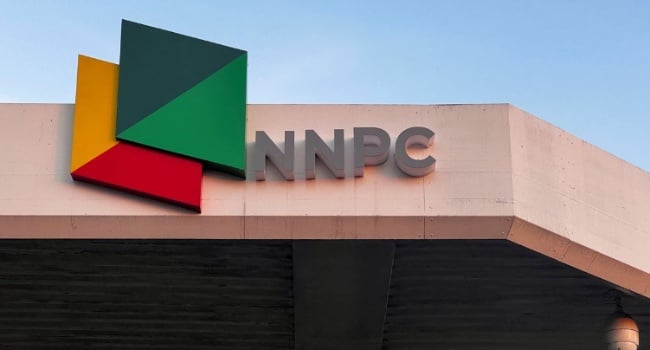Ola Olukoyede, chairman of the Economic and Financial Crimes Commission (EFCC), has called on heads of tertiary institutions across the country, to join hands with the agency in tackling the rising incidents of internet fraud among students.
Olukoyede spoke on Thursday during an interactive session with chancellors, rectors and provosts of tertiary institutions in Kogi, held at the zonal command office in Ilorin, Kwara state.
Represented by Michael Nzekwe, EFCC’s zonal commander in Ilorin, Olukoyede called on the tertiary heads of institutions to institute measures that would discourage students from indulging in crimes.
“The commission can achieve the task of ridding the country of corruption if every institution gets involved and actively participates in the fight against the menace,” he said.
Advertisement
“Higher institutions must endeavour to change the current negative narrative regarding the quality of education in Nigeria because a corruption-free Nigeria is possible if every individual is proactively and sincerely involved in the fight against corruption.”
Responding, Salawu Sadiku, vice-chancellor of Confluence University of Science and Technology, Osara, said anti-corruption courses should be incorporated into the school curriculum and taught at all levels.
“Youths of today are exposed to a number of vices that are capable of ruining their lives permanently. We need to do more for students to focus on their studies and desist from all forms of cybercrime,” he said.
Advertisement
Also, Victoria Jagboro, provost, College of Education (Technical), Kabba, highlighted the role of parents in reinforcing guidance and counselling both at home and in schools.
She called for attitudinal change, especially on the part of students and parents.
The provost also appealed to the EFCC to liaise with regulatory bodies to develop content for anti-corruption courses in tertiary institutions.
Advertisement
Add a comment






